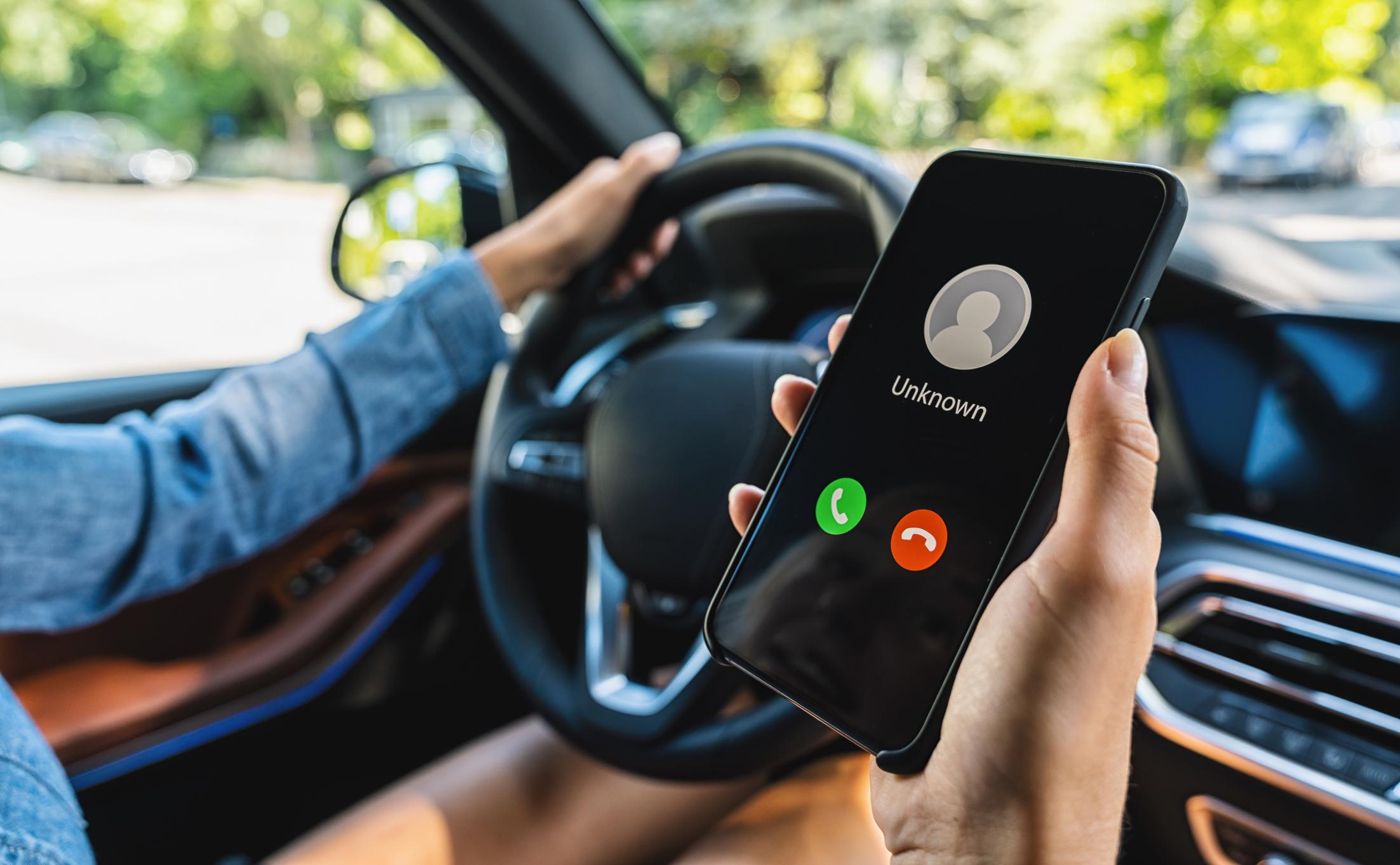Don't Be Tricked by Phone Scams
If you answer a phone call that sounds too good to be true or doesn't quite feel right, hang up. It's most likely a scam. Scammers will use various methods to try to deceive you into giving your personal information, bank account information, or money. They don't discriminate, anyone can fall victim to their scams and deceptions. Phone scams come in many forms including, prize giveaways, threats of arrest, calls seeming to ‘confirm’ personal information, and more.
The ever more prevalent phone scam is an attempt to steal money or personal information through robocalls (a recorded message), calls from real people. Scammers use everything from scripted sales pitches and scare tactics, to spoofed numbers to make the call seem real and convincing.
The more aware you are of these schemes, the more likely you’ll be able to recognize them and hopefully be less likely to fall for the scam. Here are a few common phone scams to be on the lookout for as well as tips to protect yourself.
IRS Agent Scams
The IRS will most likely contact you using other forms before contacting you by phone. Scammers may identify themselves as federal agents and provide a badge number to convince you they're legitimate. They will typically target victims during tax season. Now with the current circumstances surrounding the COVID-19 crisis, they're targeting victims for their economic impact payment (stimulus check). It's a red flag if they threaten to file a lawsuit against you if you don't make a payment within a specific timeframe, or demand payment with a credit, debit, or gift card.
In addition to the IRS, scammers will also pose as other government agencies such as the Social Security Administration. It is never a good idea to give out your personal information like your Social Security Number over the phone.
Coronavirus Scams
In the recent months, scammers have been preying on the public's fear and vulnerability of COVID-19 to pitch work-at-home schemes and to sell testing kits, treatments, and other high demand essentials such as household cleaning and medical supplies.
Fake Charity Scams
After a major tragedy or natural disaster, scammers will attempt to exploit people's generosity and willingness to support a good cause. Do your research and know the organization where you're donating. Please don't give money or personal information to an unknown caller.
Lottery Scams
"Congratulations, you've won $1,000! Press 1 now to claim your prize." With this type of phone scam, you may be asked to pay fees or taxes to claim your prize or provide a bank account number to collect your winnings. Beware... it's most likely a scam. You shouldn't have to pay money to receive a prize.
Debt Collection Scams
Scammers may pressure you to pay off a debt that doesn’t exist and that you don't owe. They even may have enough information to convince you the debt is real. It's a red flag if they demand payment immediately to settle your account. They may also require payment to be made with a prepaid card, gift card, or money transfer and refuse to provide detailed information about the creditor or your account.
Social Security, Insurance, or Health Care Scams
Scammers may disguise themselves as government employees to take advantage of seniors. The caller may claim an issue with the benefits or social security number and pressure them to act quickly to prevent disruption of their benefits.
Other scams callers use to trick victims include technical support, website password request, timeshare, extended car warranties, and bank fraud scams. Scammers update their schemes often, so it’s best to always be cautious.
Now that you're aware of some common phone scams, here are a few tips to help you protect yourself from those unwanted calls.
- Don't answer calls you don't recognize, especially blocked or private numbers. Let the call go to voicemail.
- Don't follow instructions from an automated robocall. Pressing any key could lead to more unwanted calls.
- Hang up if you answer a call that seems suspicious or too good to be true. Don't be pressured to give your information or take action. Hang up if you feel uncomfortable about the call.
- Never give your personal information to unknown callers such as social security number, bank account information, date of birth, or credit/debit card information.
- You can register your phone number on the National Do Not Call Registry to help block telemarketers and scammers from calling you. It is free to register your home or mobile phone number.
- Research unfamiliar charities before you decide to donate. Be cautious if payment is requested in the form of a prepaid debit card, wire transfer, or gift card.
- Check with your mobile carrier to identify tools that filter and block suspicious numbers from calling or texting you. Also, there are many call-blocking mobile apps that work to prevent these calls such as Nomorobo, YouMail, and RoboKiller.
- You can report unwanted calls at donotcall.gov. You can also file a complaint with the Federal Trade Commission (FTC) if you believe you've lost money to a scam.
Be cautious and ‘trust your gut’. If you receive a call that sounds too good to be true or the caller is demanding your information or money, don’t hesitate to hang up and report the call. Check out more helpful articles on our blog to learn more about various scams and protecting your identity.

